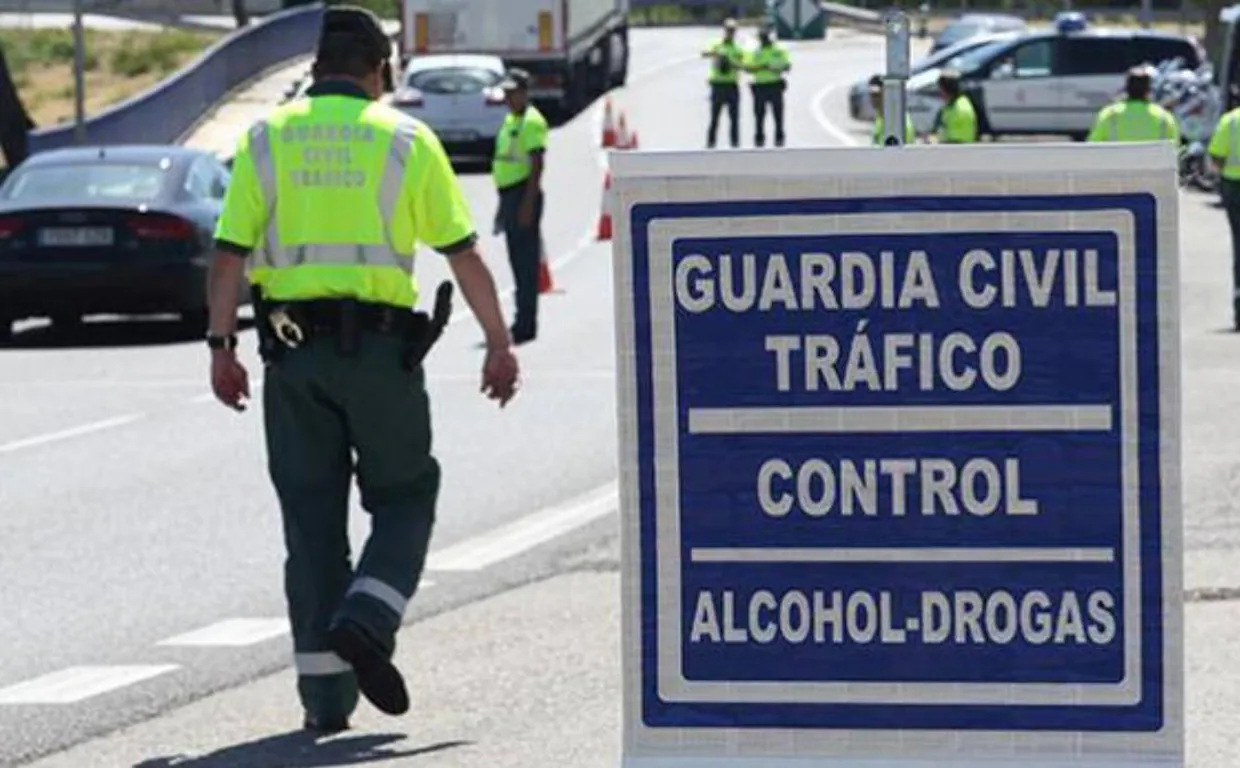Making a phone call, getting lost in your thoughts or taking your eyes off the road are some of the dangerous behaviors motorists engage in, which can lead to loss of vehicle control. But one of the most dangerous behaviors that Europeans confess to their behavior behind the wheel is holding online meetings. This is data collected in the Responsible Driving Barometer of the Vinci Autoroutes Foundation, conducted by Ipsos among a sample of 12,400 people from 11 European countries. A study that makes it possible to follow the evolution of risk behavior and good practices to guide prevention messages in the best possible way.
According to the results of the survey, 82% of European drivers admit that they sometimes lose sight of the road for more than 2 seconds (+6 points; 77% of Spaniards), which at 130 km/h equates to a minimum journey 72 meters “blind”.
75% of Europeans use the phone while driving, which includes all types of use, including the use of GPS (62% of Spaniards). In Spain, 55% admit to using it for making calls, 46% using the hands-free system and 13% holding it by hand. 14% admit they read or send messages while driving, and even 12% use it to hold work meetings behind the wheel.
Another important risk factor is sleepiness. 42% of European drivers (28% of Spaniards) admit that they continue to drive even when they are very tired because they are forced to. 12% have had or are likely to have an accident for this reason.
The barometer also finds that aggressiveness and inappropriate behavior persist on the road. 51% of Spaniards say they insult other drivers, 88% say they have ever feared aggressive behaviour, and 19% admit they get out of the vehicle to argue.
Electrification changes the behavior of drivers. According to the barometer, 51% of European electric car owners use the engine more and gradually slow down to recharge the battery; 47% pay more attention to other road users, especially pedestrians and cyclists, and 35% take more breaks on the road, using the time to charge the vehicle.
According to Bernadette Moreau, General Delegate of the VINCI Autoroutes Foundation: “Companies are increasingly attracted by more external claims and with a false sense of security generated by intelligent equipment, forgetting a fundamental rule: behind the wheel you have to look at the road and pay full attention to the road environment to be able to react at any time to an unforeseen event. This requirement is absolutely incompatible with the lack of attention from phone calls, fatigue and all the distractions that make you lose sight of the road and cause forgetfulness. The dramatic accidents that four highway cops have suffered in recent weeks is the relentless and terrible demonstration of this.
Precisely on the behavior of motorists, the report indicates that although most users report this, certain dangerous behavior is still widespread. For example, 60% of European drivers do not respect the safety distance (+4; 52% of Spaniards); 53% forget to turn on the flashing light to overtake or change direction (+2; 53%); 52% circulate in the middle lane of the highway while the right lane is free (+2; 53%); and 34% overtake on the right on the highway (+4; 39%).
According to statistics, failure to comply with regulations puts road workers at risk. For example, since January 1, 2022, four French patrol cars have died on French highways while carrying out their mission. On the French toll road network, on average more than two intervention vehicles are hit per week. In 3 out of 5 cases, the cause of these accidents is the drowsiness or distraction of the driver involved.
A large proportion of these recorded accidents on high-speed roads are due to the fact that 54% of European drivers forget to brake when approaching a work zone (+3; 52% of Spaniards), and 19% ever call the emergency services invaded braking zone or the verge by a moment of distraction or numbness (+4; 18%).
Source: La Verdad
I am Ida Scott, a journalist and content author with a passion for uncovering the truth. I have been writing professionally for Today Times Live since 2020 and specialize in political news. My career began when I was just 17; I had already developed a knack for research and an eye for detail which made me stand out from my peers.



-U88820244851aeq-984x468.jpg)